#crown prince rudolf
Text

me for the past couple of years
#empress elisabeth of austria#ludwig ii#crown prince rudolf#ofc its a joke i love my ocs i just don't know if posting them on tumblr would make any sense
48 notes
·
View notes
Text






happy valentine's day
#kronprinz rudolf#crown prince rudolf#elisabeth das musical#rudolf affaire mayerling#valentines day#valentines cards
47 notes
·
View notes
Text
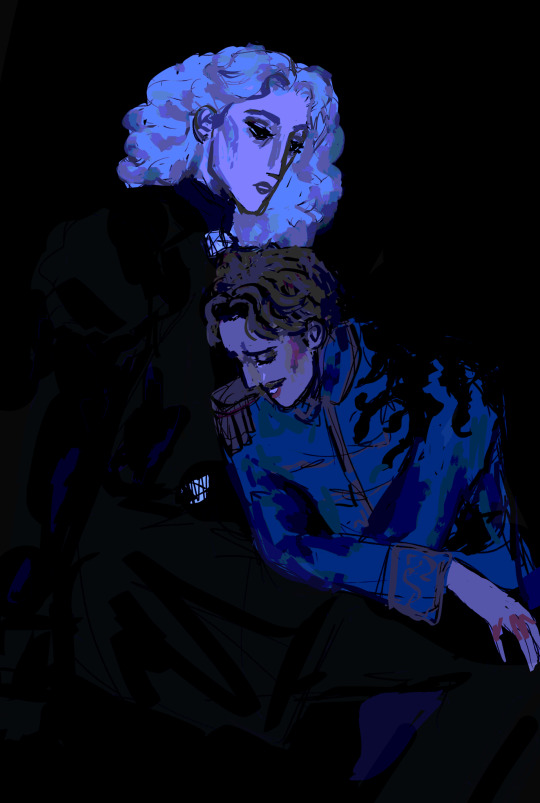
You know me, yes you know me
#elisabeth das musical#crown prince rudolf#der tod#uwe kröger#andreas bieber#art#fanart#illustration
241 notes
·
View notes
Text
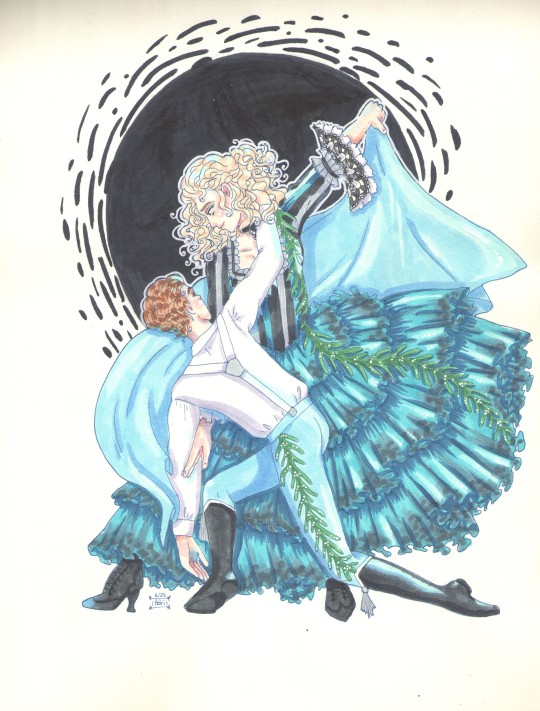
Mayerling Waltz
#my art#elisabeth das musical#der tod#crown prince rudolf#inspired by a moment from the white pas de deux in act 2 of Matthew Bourne's Swan Lake#finally drew the Mayerling dress!!
164 notes
·
View notes
Text
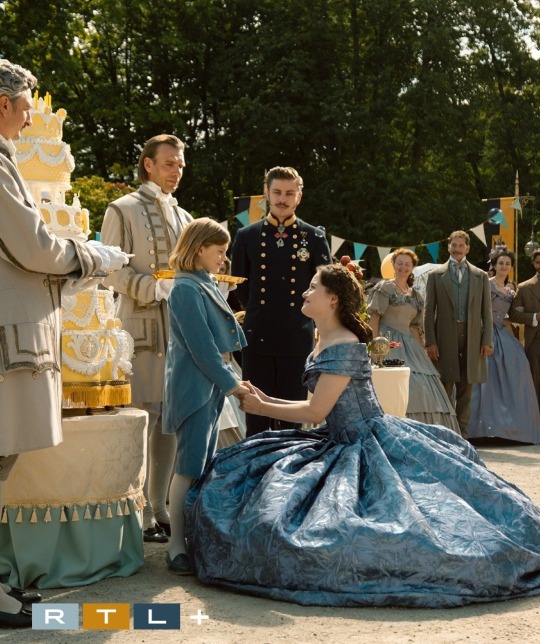

Arian Wegener, Jannik Schümann and Dominique Devenport as Crown Prince Rudolf, Emperor Franz Joseph and Empress Elisabeth in new stills from the third season of Sisi (2021).
#Sisi#Sisi (2021)#costume drama#historical drama#period drama#Jannik Schümann#Dominique Devenport#Arian Wegener#Emperor Franz Joseph#Franz Joseph of Austria#Elisabeth in Bavaria#elisabeth of austria hungary#elisabeth of austria#Crown Prince Rudolf#german tv#german series#sisi.rtl
29 notes
·
View notes
Note
Hi, hope this question won’t be too long.
In “The Real Francis Joseph, the Private Life of the Emperor of Austria,” by Henri de Weindel, it states that in 1873 at the Vienna Exhibition, Empress Elisabeth was given an Egyptian slave who was part of the exhibit. The book later states that Elisabeth nursed the boy when he was sick and that he became a playmate to Marie Valerie and Sisi even had them photographed together and allowed copies of the photo to be sold. However, when the photo was caricatured in the newspaper Franz Josef became so angry he had all copies of the photograph and caricature destroyed. Another source said the boy was named Mahmoud (with the spelling varying according to source).
My question is though is there any information on what became of the boy afterwards? (The Weindel book doesn’t mention Mahmoud beyond this event). Or even to the accuracy of this incident?
Hello! I think Wendel is actually talking about a boy called Rustimo, who entered Elisabeth's service around 1877:
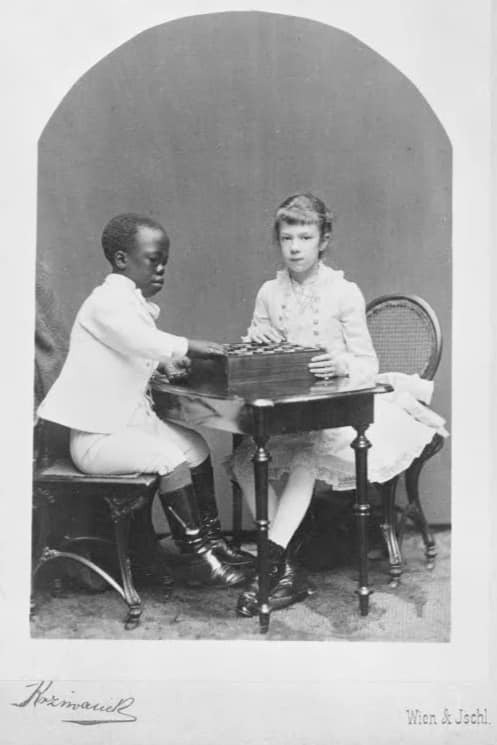
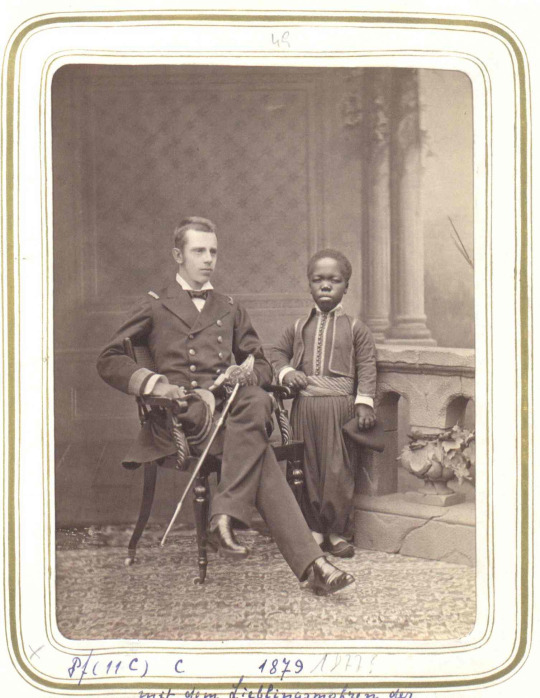
Rustimo with Archduchess Marie Valerie and with Crown Prince Rudolf.
There doesn't seem to be an agreement on how Rustimo actually entered Elisabeth's entourage. According to Corti, Rustimo was "presented to her by the Khedive [the title of the governor of Egypt]" (1936, p. 280), meanwhile Brigitte Hamann says that he was "a blackamoor the Shah of Persia (according to one of various versions) had sent as a gift" (1986, p. 231). Giving that in both versions he was allegedly a "given" to the Empress, it may be safe to assume he indeed had been enslaved.
Before continuing, I'd like to make a small detour to talk about an event from Elisabeth's childhood: her father buying five enslaved boys in one of his trips.
Soon after the future Empress of Austria's birth, her father Duke Max in Bavaria embarked on a several months-long trip to Orient. In Cairo Max visited the slave market, and was horrified of seeing "people being sold like cattle", as he later wrote down in his memoirs about the trip (Winkelhofer, 2022). It was then probably an attempt at altruism what brought him to buy five boys from the market and bring them back with him to Munich, instead of just an "eccentricity" as it's often put.
Why did I mention this? Because the boys remained in the service of the Duke for many years. As Dr Martina Winkelhofer points out:
They lived in the servants' quarters at the back of Palais Max, on the second floor. Elisabeth also had her room up there, but at the front of the building. Having to deal with black servants was an everyday occurrence for her from childhood. (ibid)
Considering this, it wouldn't have been "exotic" for her to take Rustimo into her household. But given the reaction of the court, it's not strange that previous biographers see this only as her wanting to offend Viennese society. Landgravine Therese Fürstenberg, one of the Empress' ladies-in-waiting, wrote to her sister in August of 1877 that (warning for racist connotations):
The Archduchess [Valerie] recently took the blackamoor along on the promenade, he was put in the carriage with the French teacher, who sat next to the heathen feeling shamed and sad; the Archduchess always gives candy to children along the road. But now none of them dared to come near her when they saw the black boy and tried in every way to avoid the monster and his bared teeth, so as to get to the candies; all this seemed a great joke to the little girl. (Hamann, 1986, p. 231)
We have (even more) explicitly racist comments made by Landgravine Fürstenberg as well as by Countess Mária Festetics, another lady-in-waiting, but I rather not share them, they're just too nasty and add nothing to the post. You can make an idea of how everyone felt about Rustimo.
And what about Valerie? According to Corti, she "was afraid of him and took some time to grow accustomed to him" (1936, p. 280). But she never wrote down her feelings about her playmate. In the over 300 pages of her diary, she only mentions him once, in an entry from February 24 of 1880:
At ½7 Puttl and Raab come and we both have a dance lesson together until 7 o'clock when we have a supper and then "Eile mit Weile" [a board game] with Rustimo. Papa comes after ½8 until 8 o'clock. Then I go to bed (p. 21)
Elisabeth had Rustimo baptized in 1878 (it was just unacceptable that the Catholic Habsburgs had a heretic in their service). He was given the Christian name of "Rudolf" after the Crown Prince, his godfather. The Empress wrote of this ocasion to her mother Ludovika:
Today was Rustimo's christening in Valerie's salon… Rudolf was godfather. It was solemn and ludicrous, there were tears and laughter. He himself was very moved and wept. (Hamann, 1986, p. 231)
Rustimo continued to ascend in the Empress favor, and in 1884 he was made "announcer of the bedchamber". He remained in the service of Elisabeth until 1890, when he was pensioned, and in 1891, Rustimo "was sent to the charity institution in Ybbs, where he died the very next year" (Hamann, 1986, 232).
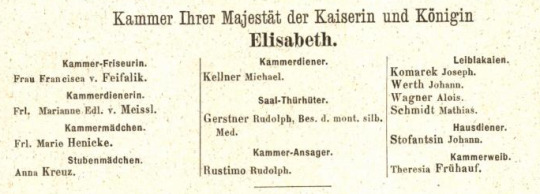
Screenshot of the Official Guide of the Austro-Hungarian Empire from 1890 that shows Rustimo as part of the staff of Elisabeth's chamber (middle column, at the bottom).
While Hamann states that Rustimo fell out of favor in 1885 (she gives no source for this) and that after he left court he was abandoned, Winkelhofer claims that, while writing her two-part biography of Elisabeth, she found evidence that it was the Empress who payed for Rustimo's stay at the institution Hamann mentions, and also for his grave when he died (she wrote about this on Instagram but I cannot for the life of me find in which post, you'll have to trust me on this one sorry). Winkelhofer has said that the second part of her biography, which will be published on August this year, will have this evidence, as well as new information about Rustimo; she claims it we'll give us a new image of him. This is actually the reason why I hadn't written about Rustimo yet, I was waiting for her book to come out to have all the information we have available and make a more complete post.
As for the claims made by Wendel, I honestly don't know. None of Elisabeth's biographer mention anything of her nursing Rustimo, and clearly all the copies of the picture of of him with Valerie weren't destroyed, since we have it to this day.
Before finishing this post, one more thing: Muhammed was a different servant! We know nothing (yet) of him, in fact neither Corti nor Hamann mention him in their books. Winkelhofer just says in the first part of her biography that "the Nubian Muhammed Beschir, [was a] servant for three years until his return to Africa" (2022). But she has also promised to reveal what she has discovered of this unknown servant in the second part of her biography, and I can't wait for it!
I hope that you found my answer helpful and I promise you to update this ask when I get Winkelhofer's book!
Sources:
Corti, Egon Caesar Conte (1936). Elizabeth, empress of Austria (translation by Catherine Alison Phillips)
Hamann, Brigitte (1986). The Reluctant Empress: A Biography of Empress Elisabeth of Austria (translation by Ruth Hein)
Hof- und Staatshandbuch der Österreichisch-Ungarischen Monarchie, 1890
Schad, Martha and Schad, Horst [ed.] (1998). Das Tagebuch der Lieblings Tochter von Kaiserin Elisabeth. 1878-1899
Winkelhofer, Martina (2022). Sissi. La vera storia. Il cammino della giovane imperatrice (translation by Federica Saccucci)
#rudolf rustimo#empress elisabeth of austria#archduchess marie valerie of austria#crown prince rudolf#asks
20 notes
·
View notes
Text
Really love musical so here is a little (I mean literally - he's like 6 cm) crown prince Rudolf. Also now cat is the one who wins :)




21 notes
·
View notes
Text
rip crown prince rudolf you would have loved radiohead
6 notes
·
View notes
Photo

“Rudolf, Crown Prince of Austria was a brilliant young man. He was incredibly intelligent and had great ideas for the future. Unfortunately his father had no interest in listening to Rudolf or even giving him a chance to make a difference. Come to think of it, so many terrible things (WWI, for example) probably wouldn't have happened if Franz Joseph would have taken Rudolf's advice.” - Submitted by Anonymous
25 notes
·
View notes
Text
Kimura Tatsunari and Yoshio Inoue singing 闇が広がる Die Schatten werden länger on the Greens & Blacks 2022 Public GenePro.
#taachan tag#kimura tatsunari#yoshio inoue#elisabeth the musical#elisabeth das musical#toho#asian theater#der tod#crown prince rudolf#my stuff#my videos
9 notes
·
View notes
Text






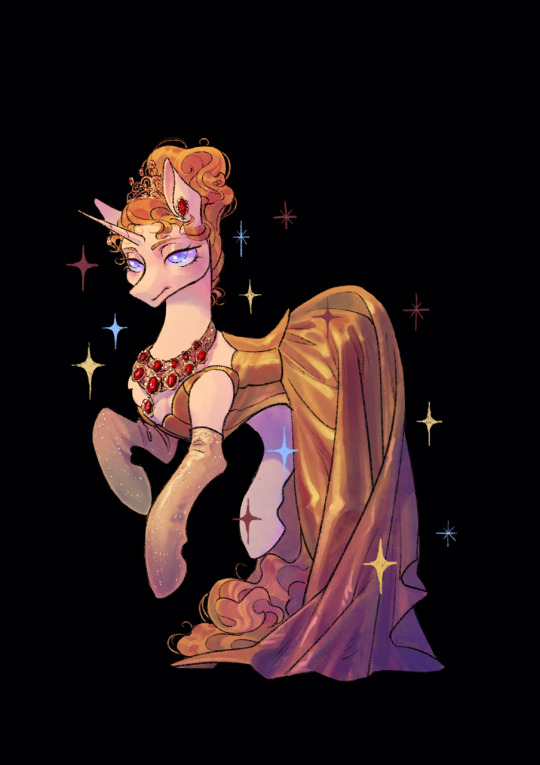


Elisabeth Das Musical x MLP
下半身堡全家福安排上✅
#der tod#elisabeth das musical#my little pony#mlp crossover#mlp#musical fanart#musical#illustration#a#digitalart#drawing#procreate#empress sisi#house of habsburg#luigi lucheni#crown prince rudolf#rudolf musical
209 notes
·
View notes
Text

i thought i should translate some more of my shitty drawn memes to post here but no i'll just post this instead
26 notes
·
View notes
Text

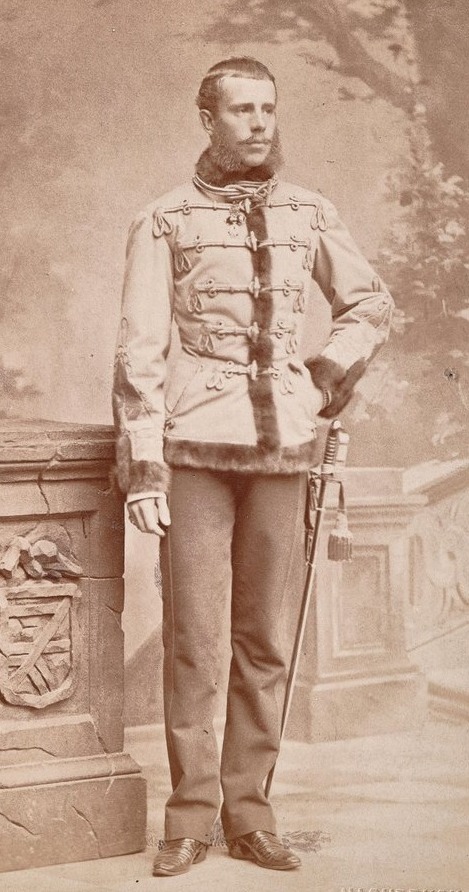
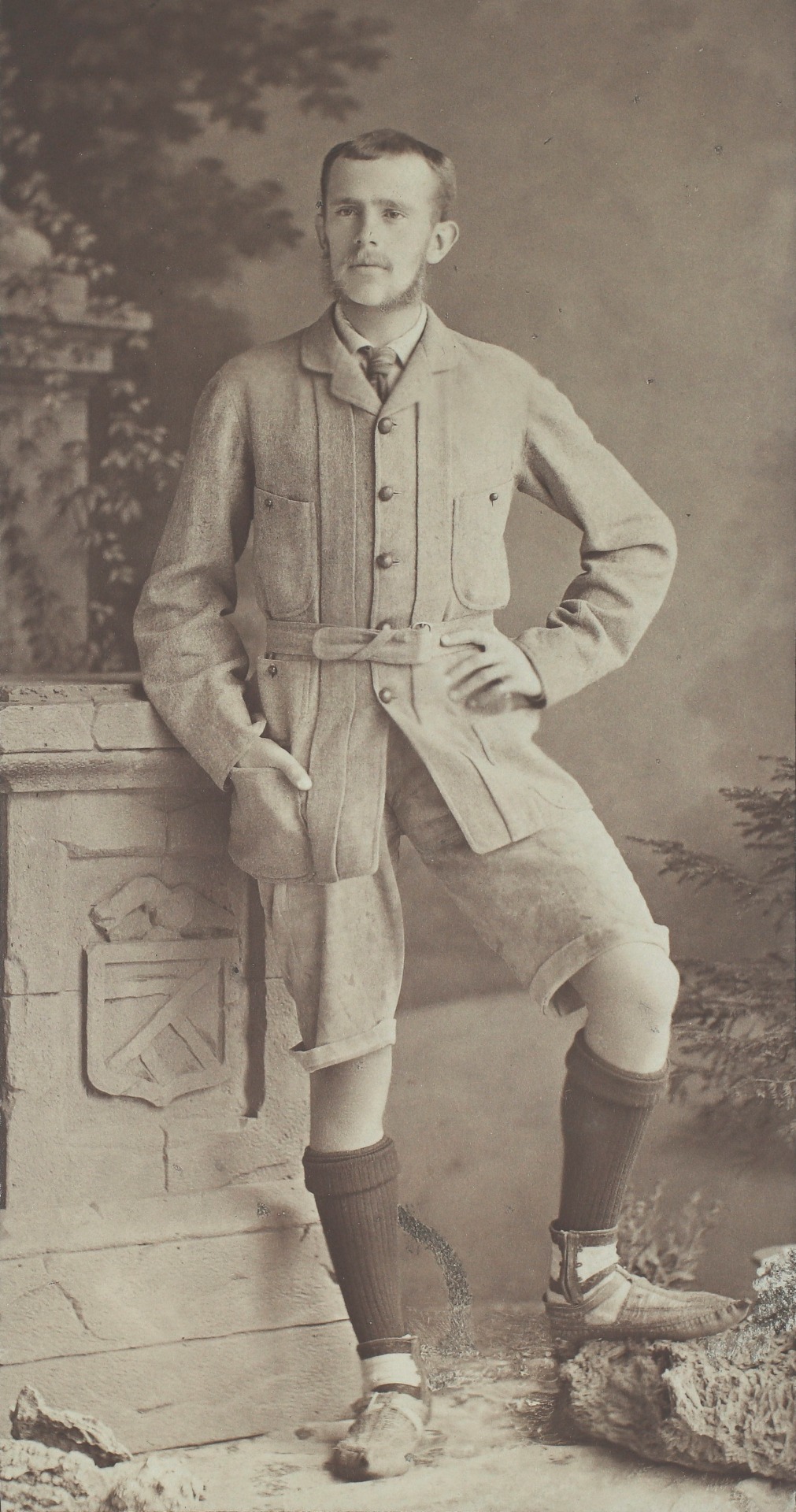
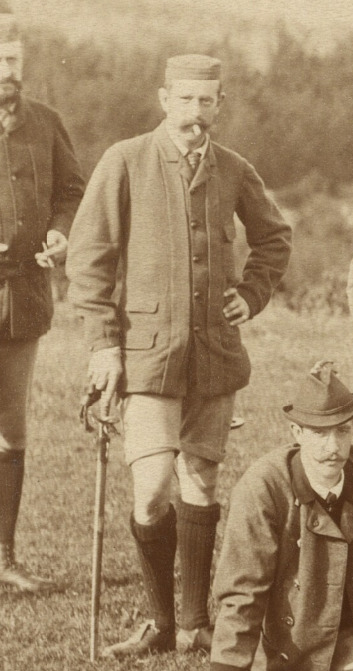
#someone show me a new photo of him#please I need enrichment#sparkle on wednesday will need to go on another post#kronprinz rudolf#crown prince rudolf
21 notes
·
View notes
Text

24 notes
·
View notes
Text

Inspired by that one Tumblr user who wanted the Lucheni!sicko meme
Source: x
Bonus

#i’m still very much into jcs elizabeth just has a chokehold on my brain atm#elizabeth das musical#levay/kunze#luigi lucheni#empress sissi#der tod#crown prince rudolf#franz joseph i#princess sophie of bavaria#uwe kroger#serkan kaya#musical theatre memes
8 notes
·
View notes
Text

The third season of Sisi (2021) will be released on RTL+ on December 1st, 2023. So far we do not have air dates for Free TV but it is likely they will be again set between Christmas and New Year.
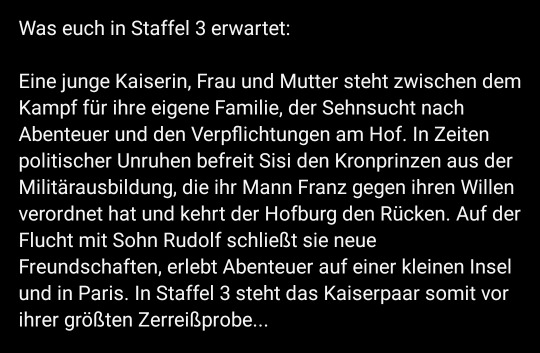
What you can expect from season 03:
A young empress, woman and mother stands between the fight for her own family, the desire for adventure and the duties at court. In times of political unrest, Sisi frees the crown prince from his military education he received against her will at the order of her husband Franz and turns her back on the Hofburg. On the run with her son Rudolf, she makes new friends, experiences adventure on a small island and in Paris. In season 03, the imperial couple experiences their greatest crucial test.
#Sisi#Sisi (2021)#costume drama#historical drama#period drama#dominique devenport#jannik schümann#elisabeth of austria hungary#Elisabeth in Bavaria#elisabeth of austria#emperor franz joseph#Franz Joseph of Austria#Crown Prince Rudolf#german tv#german series#sisi.rtl
32 notes
·
View notes